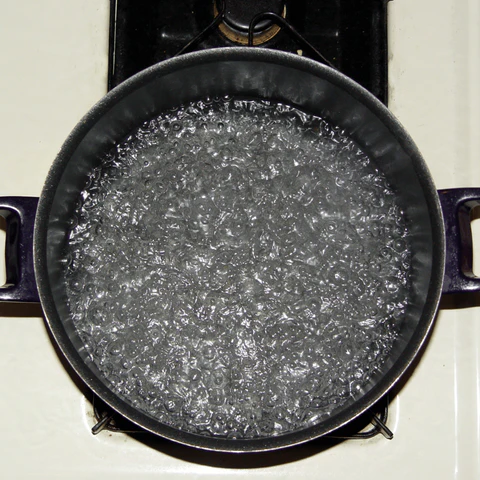With South Africa’s water woes a constant concern, and the ever-present threat of loadshedding, many of us turn to the trusty kettle for safe drinking water. But is a good old boil really the end of the story?

The Power of a Boil:
Let’s be clear, boiling does a fantastic job of eliminating harmful bacteria and viruses. A rolling boil for at least a minute (three minutes at high altitudes) effectively zaps those nasty microbes that can cause nasty tummy troubles. So, for emergencies or short-term use, boiling is a great solution.
But There’s More to the Story:
Unfortunately, boiling doesn’t remove everything. Here’s the thing: some contaminants, like heavy metals, salts, and certain chemicals, can happily hang out in your boiled water. While these might not make you sick immediately, long-term exposure can have health implications.
Loadshedding and Long-Term Boiling:

Now, factor in loadshedding. Relying solely on boiled water during extended power outages isn’t ideal. Constantly boiling water can be time-consuming, not to mention a strain on your electricity bill (when the power is back!).
So, What Can We Do?
Here are some additional steps you can take for peace of mind:
- Invest in a good quality water filter: There are various filters available, from simple jug filters to more complex under-counter and whole-house systems. Choose one that removes the contaminants you’re most concerned about.
- Consider bottled water for emergencies: Keep a stash of bottled water on hand for times when boiling isn’t an option.
- Stay informed: Check your municipality’s water quality reports to stay updated on any potential issues.

Remember: Boiling is a valuable tool for purifying water, but it’s not a silver bullet. By combining boiling with filtration or bottled water, you can ensure you and your family have access to safe drinking water, even during those loadshedding blues.
